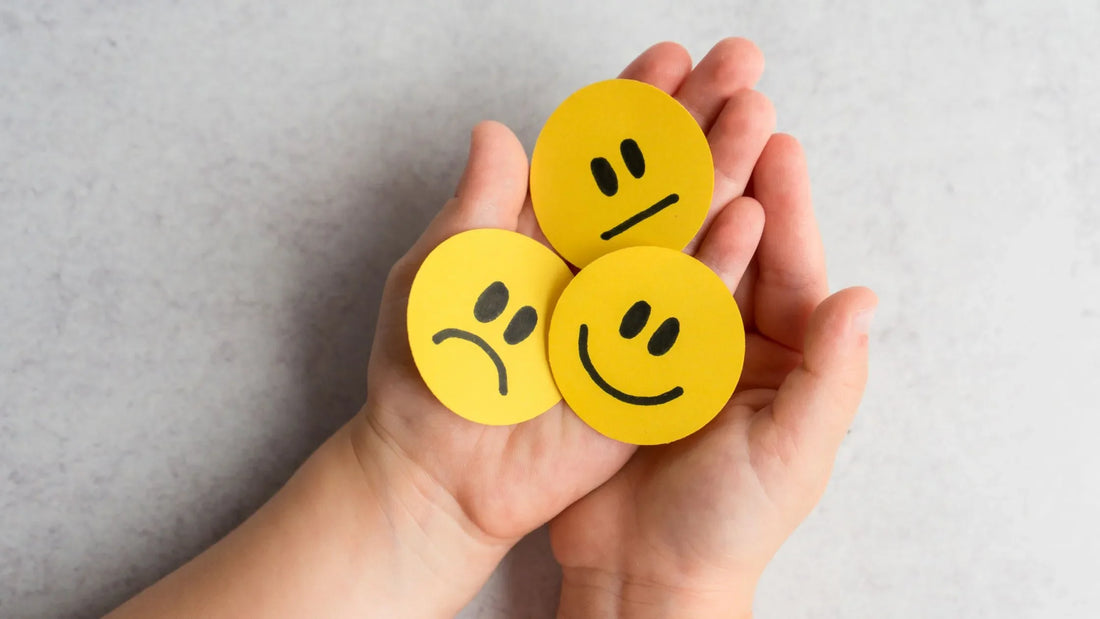Emotional Intelligence: The Foundations of Emotional Development from 0 to 2 Years
From the moment we are born, we are immersed in the world of emotions, which guide our behavior and that of those who come into contact with us. Knowing how to name emotions, recognizing them and learning to manage them are the fundamental stages of emotional development of the child and caregivers can support and help the little one in this journey. But what are the bases for promoting the development of emotional intelligence in the newborn? Continue reading to find out.
What does emotional intelligence mean?
Emotional intelligence (EI) is the ability to recognize, understand and manage one's own emotions, as well as those of others, for personal success and to live in balance and harmony, feeling competent, free and happy. This was what Daniel Goleman, one of the main theorists of EI, believed, who also identified the five key components of emotional intelligence :
- Self-awareness : Recognizing your emotions as they arise.
- Emotional Control : Managing your emotions in a healthy way.
- Self-motivation : Using emotions to achieve goals.
- Empathy : Understanding the emotions of others.
- Relationship Management : Managing emotions in interpersonal relationships.
Why is it important from an early age?
The first years of life are a crucial period for brain development. It is during this period that the foundations are formed for the ability to relate to others, to feel empathy and to manage one's emotions. A child who develops good emotional intelligence will be more self-confident, have more satisfying relationships and will be better prepared to face life's challenges.
And in this developmental journey, parents and caregivers play a crucial role in shaping children's emotional skills by recognizing and responding to their infants' emotions.
Stages of emotional development
Development 0-3 months emotional intelligence
From the first months of life, primary emotions are already present, such as anger, fear, joy, sadness and disgust, and they accompany us throughout our lives.
In this first phase of life, the main emotional manifestation of the newborn is crying . The parent, through a process of trial and error, tries to interpret that crying, giving it meaning and trying to respond effectively and promptly. This skill is known as Responsiveness .
This allows the establishment of a first strong emotional bond between the child and the main reference figure. In fact, the more the mother or reference figure perceives and responds promptly and adequately to the signals and needs of the child, the more the child will perceive it as a secure base.
How to relate to a newborn from 0 to 3 months?
In the first months of life, the adult's task is to observe, pay attention and interact, trusting the manifestation of the sensations experienced by the newborn. If a baby cries, that cry cannot be ignored, even if it is nothing serious.
A false myth that unfortunately is still around is that "let him cry and he will learn to self-regulate."
No! By doing this, you communicate to the newborn that his needs are not important, that crying is a useless tool and that you should not trust your own sensations. A newborn must feel the reassurance of the adult who trusts him and who gives credit to his needs. The more this happens, the more effective communication will become, helping him to grow more confident.


